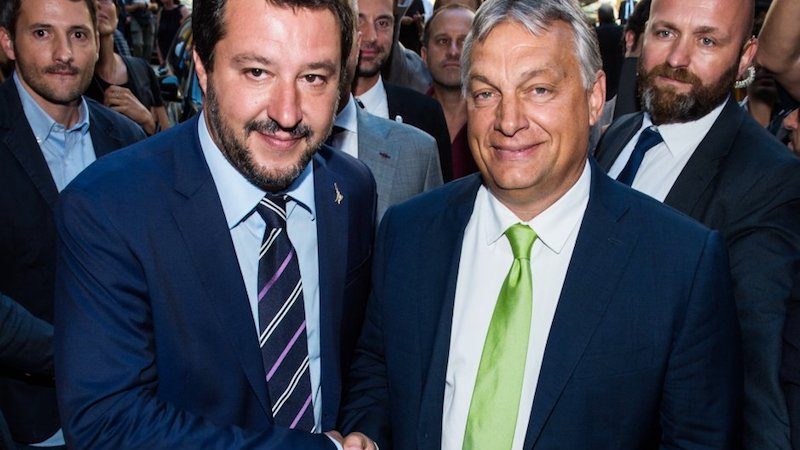The Greek root of ‘democracy’ is ‘dēmokratía’, whose literal translation gives us ‘rule by the people’. But centuries of political development through wars and big thinkers has meant that democracy as we know it is very different to what was practised in Pericles’s age.
Winston Churchill is known for his tongue-in-cheek quotes dissing democracy. A favourite goes like this: The best argument against democracy is a five-minute conversation with the average voter. Yet as a leader of the Allied forces in the Second World War, Churchill sacrificed millions in combatting the fascism of Italy and Germany.
The atrocities of the Second World War led to the creation of the United Nations, and with them, efforts to secure rights of the individual for the first time in human history. Thus, the ideas of liberal democracy as expressed in the previous century, during the Age of Enlightenment, were finally coming into fruition.
Constitutionally, the foundations of most European nations are tied strongly with the European Charter of Human Rights. This ensures the European democracies are inextricably based on the virtue of human dignity, a virtue that extends into the niceties of administrative law, including the rule of law and the checks and balances that are essential to the well-being of a nation.
Ever since coming into mainstream discourse nationally, the definition of the rule of law has been muddled, jumbled up and beaten to a pulp. One of the consequences that flow out of the rule of law is the prevention of arbitrary government, or executive action being taken when other independent institutions ought to act in that situation.
Centralising too much power is symptomatic of totalitarian regimes. The more power they wield, the more absolutely they can rule over a nation. Therefore, separating powers and instilling civil liberties and political freedoms should ensure that political leaders are kept in check and at the mercy of their constituents. Liberal democracy thus turns its attention to the protection of individual freedoms.
Evidently, these freedoms need to be fought for. The only way to safeguard a freedom is to practice it.
After the profound disenfranchisement felt by millions of people following the financial crash of 2008, more accountability was needed. Representative democracy comes with the drawback that voters feel increasingly distant from the political process. The perceived remedy was, unfortunately, populism.
Anti-establishment rhetoric promised a closeness to “the people” against bureaucracy and politicians who cared about their interests first. The French translation of anti-establishment, antisystème, captures the sentiment more adequately. It was ‘the system’ that let down swathes of people. Corrupt politicians were part of that system too, so the entire thing had to go.
What populist politicians don’t mention is that ‘the system’ is actually there to safeguard the population’s interests against politicians by instilling checks and balances. The case for illiberal democracies, pushed forward by the likes of Salvini and Orban, now spear-headed by former-Trump advisor Steve Bannon, is mind-boggling, but not inexplicable.
Populism may seem to be a return to a more direct democracy. Leaders energise their voters, and then act on what the response is. There is a caveat: politics is a complex game that tackles complex problems. 9 times out of 10, populist politicians resort to oversimplification and emotional arguments that tap into people’s irrational, short-sighted nature. For the healthy development of a nation, this is toxic.
The result is that people hear what they want to hear out of politicians who are willing to give the people what they (think they) want.
Because of populism, the anti-vaccine movement in Italy succeeded in that some vaccines are no longer mandatory. There were almost 5,000 cases of the deadly measles last year alone. Because of populism, the United Kingdom is facing uncertainty in every aspect.
Because of populism, Owen Bonnici quenched the thirst of his voter-base by blocking the makeshift memorial, running the risk of breaching human rights. This was not Owen Bonnici being accountable to the electorate. To secure accountability, populism must be disbanded and the ideals of liberal democracy rediscovered.












